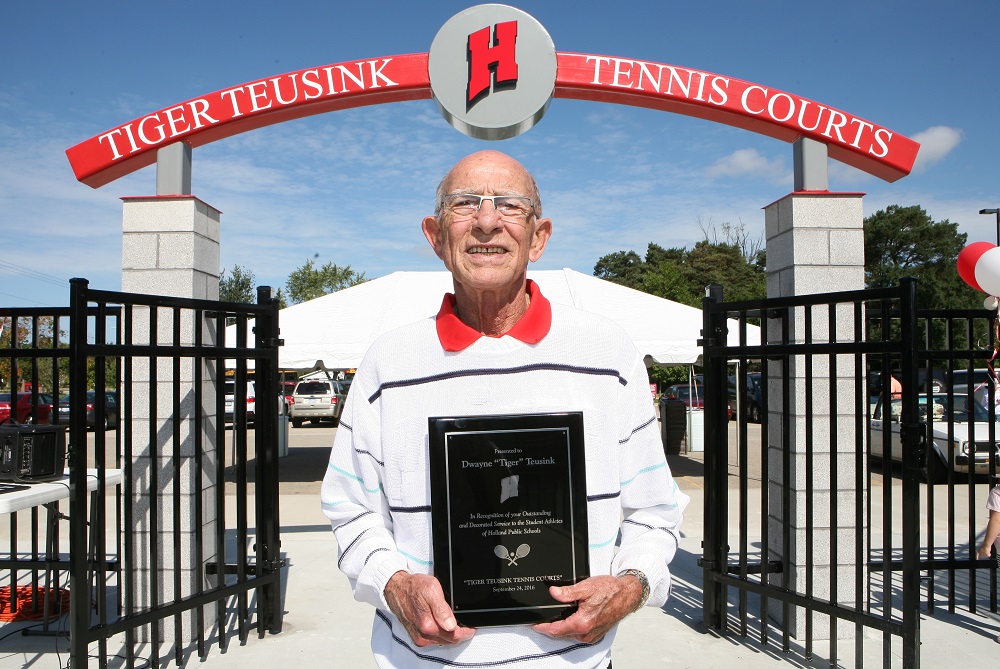
Program Priorities
January 10, 2014
Many school districts face more requests from their constituents for sports programs than they have the resources to accommodate, so they are forced to make very difficult decisions. For three decades, when I’ve been consulted, I have offered and stood by this advice.
First, I advance the premise that if the activity is educational, there is just as much potential for the education to occur at the junior high/middle school and subvarsity levels as at the varsity level. Just as we would not discriminate against one race or gender, we should not disadvantage one age or ability level. In fact, with a little less pressure to win, it is likely to see more education at subvarsity levels and more reason to sponsor them.
Second, I advocate the position that schools should avoid sponsorship of any activity for which a qualified head coach cannot be secured. Qualified personnel are, in order of priority:
-
a teacher within the building who has current CPR certification and completed CAP.
-
a teacher within the district who has current CPR certification and completed CAP.
-
a teacher in another district who has current CPR certification and completed CAP.
-
a certified teacher from the community who has current CPR certification and completed CAP.
-
a non-certified person who has current CPR certification and completed CAP.
I urge schools not to descend lower than this for program leadership. Coaches are the delivery system of the education in educational athletics; they are the critical link in the educational process. More problems occur than are worth the effort if the program is in the hands of an unqualified coach.
Next, I urge that schools rank sports on the basis of cost per participant, and give higher priority to sports that spread funds over the greatest number of participants.
Next, I urge that schools place lowest in priority the sports that cannot be operated on school facilities and create transportation, supervision and liability issues, and give higher priority to those conducted at or very near the school.
Next, I urge that schools place lowest in priority the sports which are most readily available in the community, without school involvement. If resources are precious, then duplicating school programs should be a low priority; doing what the community can’t do or doesn’t do should be given a much higher priority.
While I’m a fan of school sports, I recognize that an athletic program has as much potential to do harm as to do good. Programs without qualified coaches that are conducted for small numbers of students at remote venues and without comprehensive school oversight and support may create more problems for schools than the good they do for students.
Bare bones budgeting will require brutally honest assessments based on priorities like these.

In Memoriam: Tiger Teusink (1936-2021)
By
Geoff Kimmerly
MHSAA.com senior editor
September 9, 2021
Dwayne “Tiger” Teusink, a longtime Holland tennis legend and a prominent foundation builder for MHSAA tennis at the statewide level, died Monday, three days before his 85th birthday. A coach for nearly a half-century, he also continued to assist the MHSAA in administering the sport nearly until his death.
Teusink, a 1954 graduate of Holland High and later Hope College, began his teaching career at Wyoming Lee, then moved on to teach and coach high school tennis at Jackson for seven years and then Holland for 35. He retired from teaching in 1989 but continued to coach at Holland High until 1998. He also served for a time as athletic director.
He leant a significant behind-the-scenes voice in the formation of high school tennis as it’s played in Michigan today. He was on the committee that in 1976 introduced the flighted MHSAA tournament structure developed to promote a team format that remains the standard. While at Holland, Teusink managed 63 Regional and 17 MHSAA Finals tournaments, and he served on the Finals seeding committee from 1980-2011. He continued assisting with the draw through 2019 and provided data for Finals seeding through this spring.
Teusink coached high school teams to a 453-176-4 record with 13 conference and 16 MHSAA Regional titles, and his Holland boys team was a runner-up at the 1976 Class A Final. He also coached at Hope College from 1994-2009. Holland High School’s tennis facility was renamed “Tiger Teusink Courts” in 2016.
Teusink earned induction into the Michigan High School Tennis Coaches Association Hall of Fame in 1986, the Michigan High School Coaches Association Hall of Fame in 1989 and the National High School Athletic Coaches Association Hall of Fame in 2003. He was named National High School Coach of the Year by the United States Tennis Association in 2005, receiving his award at the U.S. Open.
Click for his obituary, and also for a Second Half feature from 2016.
PHOTO: Tiger Teusink stands with the plaque presented to him in 2016, when the Holland High School tennis courts were renamed in his honor. (Photo courtesy of the Holland athletic department.)

